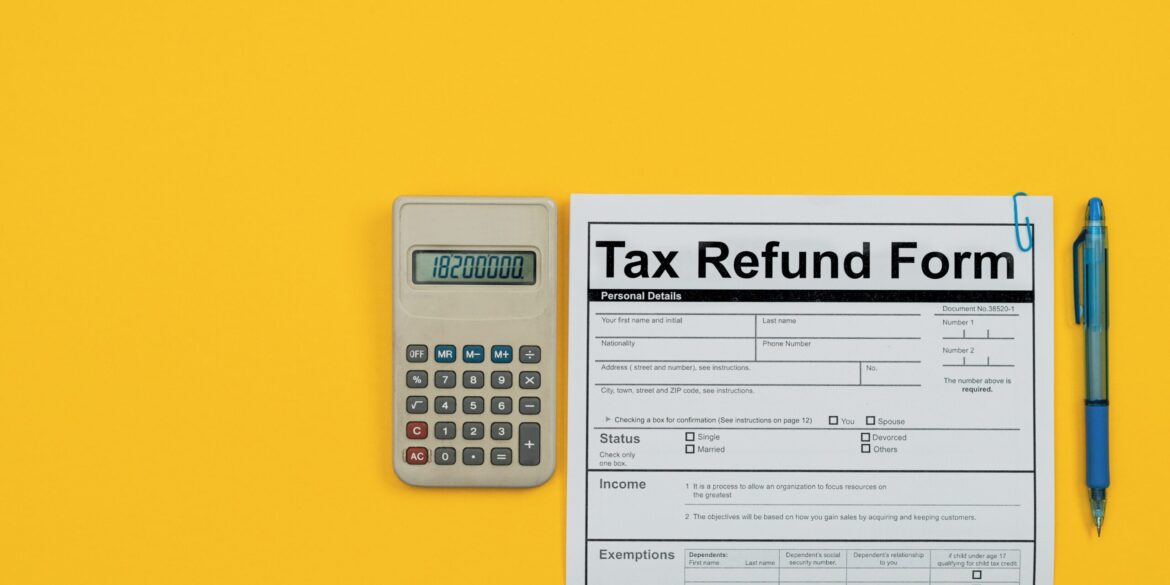Effective September 30, 2025, the Internal Revenue Service (IRS) has officially mandated that all individual tax refunds be issued electronically, marking the end of paper checks for federal tax refunds. This shift comes as part of the federal government’s broader initiative to modernize payment systems and improve the efficiency, speed, and security of financial transactions, as outlined in Executive Order 14247. The change affects millions of taxpayers nationwide, requiring them to ensure that their direct deposit information is accurate and up to date to avoid potential delays in receiving refunds.
The move toward electronic-only refunds reflects the IRS’s ongoing efforts to streamline its operations and reduce the administrative burden associated with processing paper checks. Electronic refunds are not only faster but also safer, as they minimize the risk of lost, stolen, or delayed checks. For taxpayers, this means receiving refunds more quickly, often within days rather than weeks, depending on the timing of their filings and the method of direct deposit chosen.
Read Also: https://jurisreview.com/maruti-suzuki-ceo-envisions-india-as-a-global-manufacturing-powerhouse/
Tax professionals are being urged to proactively advise clients to verify their banking information well in advance of filing. Mistakes or outdated account details could result in delays or failed transactions, which may require additional steps to correct. Financial advisors and accountants are emphasizing the importance of early preparation, especially for those who have previously relied on paper checks or have recently changed banking accounts.
The implementation of electronic-only refunds also underscores the federal government’s commitment to modernizing its financial systems in line with digital innovation trends. By reducing reliance on paper, the IRS aims to cut costs, enhance operational efficiency, and improve overall taxpayer service. In addition, electronic transactions provide a clearer audit trail and better record-keeping, which can help both the agency and taxpayers manage their finances more effectively.
While this change will require adjustments from some taxpayers, the transition is expected to ultimately benefit the majority by simplifying the refund process and accelerating access to funds. The IRS has assured taxpayers that support and guidance will be available for those who encounter difficulties during the transition. Taxpayers are encouraged to take advantage of online IRS tools and services to update their banking information and track the status of their refunds in real time.
In conclusion, the IRS’s mandate for electronic tax refunds represents a significant step toward modernizing federal payment processes. By eliminating paper checks, the agency aims to improve efficiency, security, and convenience for taxpayers. Ensuring that direct deposit information is accurate is now more critical than ever, and both taxpayers and tax professionals will need to adapt to this new system to take full advantage of its benefits. This change marks a milestone in the federal government’s efforts to embrace digital solutions and enhance the delivery of essential financial services.

